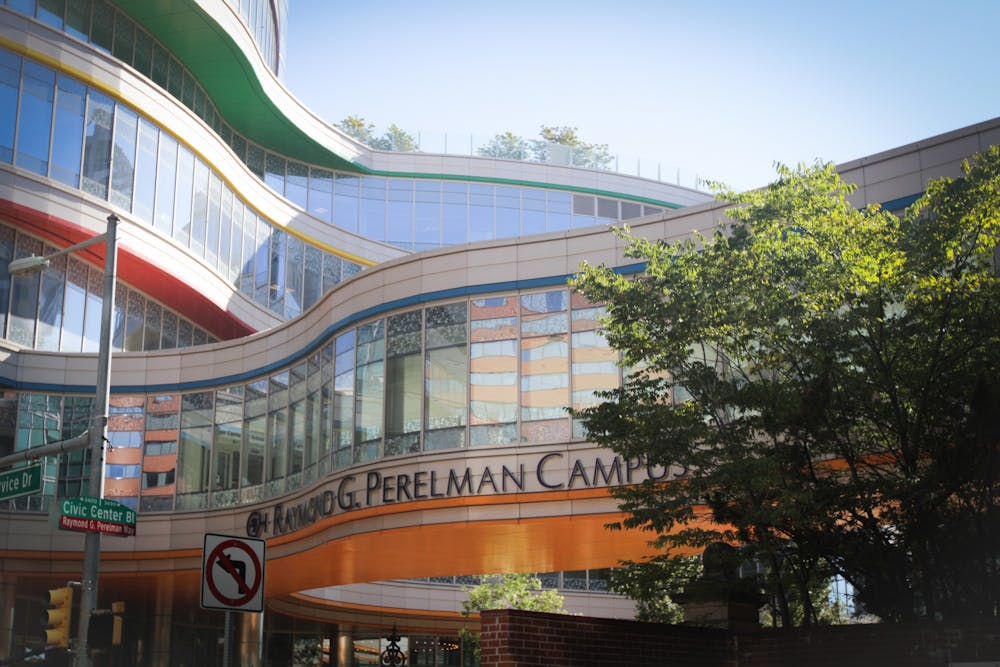
The Children’s Hospital of Philadelphia (CHOP) and Penn Medicine announced a new research collaboration on kidney disease treatment on Aug. 29.
The collaboration — the Penn-CHOP Kidney Innovation Center — plans on bringing experts from both hospital systems to catalyze discovery efforts, aiming to further medical understanding and potential treatments for kidney disease.
The Kidney Innovation Center marks the continuation of two pre-existing research efforts to study kidney disease: Penn Medicine’s Susztak Laboratory, which examines the evolution of chronic kidney disease, and CHOP’s Pediatric Center of Excellence in Nephrology.
“More than 850 million people suffer from kidney disease, and kidney disease is one of the fastest growing causes of death, so there is a pressing need to accelerate breakthroughs in our understanding and treatment of the condition,” Katalin Susztak, a professor of Nephrology and Genetics at the Perelman School of Medicine, wrote in a press release.
The Kidney Innovation Center will host enhanced training and mentorship programs to create the “next generation” of nephrology researchers, in addition to enrolling a team of medical professionals to further the Center’s mission.
Penn Medicine and CHOP plan on recruiting a team of scientists with diverse medical backgrounds to promote the Center’s foundational pillar of interdisciplinary collaboration, bringing together experts from scientific fields ranging from clinical epidemiology and bioinformatics to pharmacology and physiology.
Michelle Denburg, CHOP Nephrology Research Director and Penn Medicine associate professor of Pediatrics and Epidemiology, wrote that by bringing pediatric and adult kidney researchers together with the Kidney Innovation Center, the scientists will now have the potential to accelerate the pace of discovery for both age populations.
“Promoting crosstalk between researchers can shed light on mechanisms of disease for both children and adults and lead to precise diagnostics and treatments,” Denburg said.
Penn Medicine and CHOP have partnered together before to accelerate scientific research. In June 2022, the two hospital systems joined forces with the Costa Rican government to advance CAR T-cell cancer therapy research.
The Daily Pennsylvanian is an independent, student-run newspaper. Please consider making a donation to support the coverage that shapes the University. Your generosity ensures a future of strong journalism at Penn.
Donate







